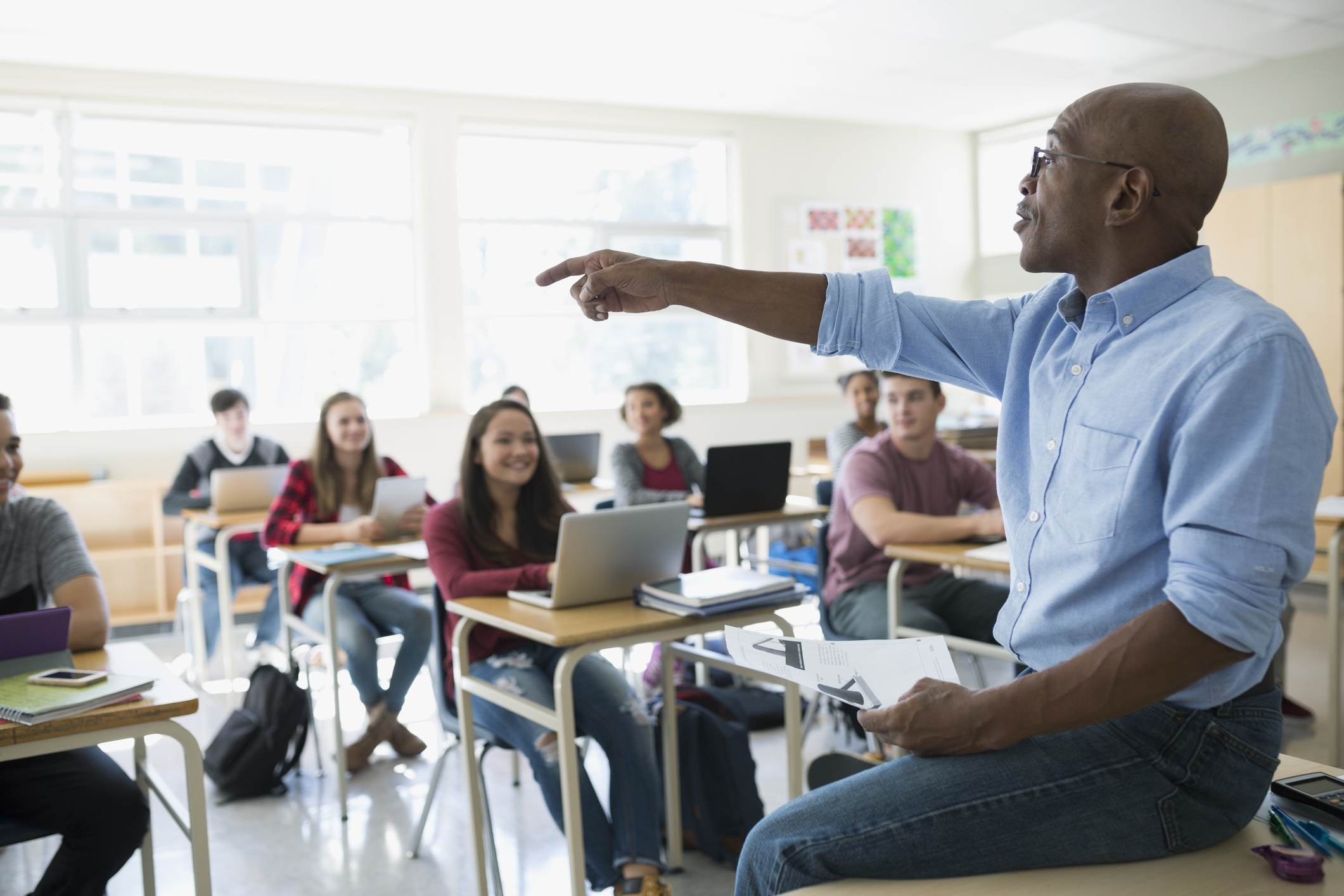Unlock Your Child’s Potential with Primary Science Tuition Singapore
Unlock Your Child’s Potential with Primary Science Tuition Singapore
Blog Article
Discover the Necessary Advantages of Understanding Main Scientific Research for Young Students
The significance of primary science education and learning for young learners expands much beyond plain expertise purchase; it serves as a fundamental column in creating necessary skills such as crucial reasoning, problem-solving, and creativity. Involving with scientific concepts via inquiry-based and interactive tasks not only grows interest but additionally lays the groundwork for resistant, confident learners.
Enhancing Crucial Believing Abilities
Fostering essential believing abilities in young learners is crucial for their cognitive growth and future academic success. Essential thinking makes it possible for kids to examine information, evaluate evidence, and make educated decisions, which are crucial abilities in today's information-rich society. By involving in scientific query, young students can enhance these abilities as they explore ideas via observation, trial and error, and thinking.
In main scientific research education and learning, educators can help with important thinking by encouraging trainees to ask concerns, create theories, and perform experiments. This hands-on method enables children to exercise analytic and develop sensible thinking abilities. When pupils explore the properties of materials or the concepts of motion, they learn to assess their findings critically and attract verdicts based on proof.
Furthermore, discussions and collective projects can promote crucial thinking by giving chances for students to verbalize their thoughts, obstacle presumptions, and think about varied perspectives. By developing a helpful environment that values inquiry and representation, educators can nurture essential believing skills that encourage young learners to come to be independent thinkers and long-lasting learners. Ultimately, boosting these skills lays a durable structure for their future academic ventures and personal development.
Cultivating Inquisitiveness and Exploration

Primary science education and learning offers an organized environment where young students can discover various sensations with hands-on experiments and observations. By enabling them to connect with materials and take part in inquiry-based understanding, educators produce possibilities for children to develop theories, examine their ideas, and draw final thoughts. Such experiences support a feeling of wonder and enjoyment regarding scientific research.

Building Confidence in Problem Solving
Structure self-confidence in analytical is an essential element of primary scientific research education and learning that equips young learners to approach challenges with resilience and creativity - primary science tuition Singapore. When youngsters are motivated to engage with scientific principles via hands-on tasks and inquiry-based knowing, they develop necessary skills in vital thinking and analysis. This process not just improves their understanding of scientific principles however also cultivates a sense of possession over their knowing
To construct self-confidence, teachers should develop a supportive setting where mistakes are deemed opportunities for development instead of failings. This encourages trainees to take risks and check out numerous solutions to issues. By providing scaffolding and support, educators can help trainees browse complicated jobs, progressively enhancing their self-reliance in analytic situations.
In addition, joint understanding experiences, such as team tasks or experiments, can better enhance trainees' confidence as they learn to articulate their ideas and pay attention to others' point of views. These interactions nurture social skills and reinforce the concept that analytic is usually a cumulative venture. Ultimately, growing self-confidence in analytical prepares young students for future academic challenges and furnishes them with the devices required for long-lasting discovering.
Motivating Creativity and Innovation
In the world of main science education, urging imagination and innovation is essential for growing a dynamic knowing setting. By promoting a society where young learners can discover ideas and experiment freely, instructors assist students establish crucial assuming skills and an interest for discovery. Creative thinking in scientific research encourages youngsters to ask questions, create hypotheses, and take part in hands-on tasks that promote their creativity.
Incorporating open-ended jobs and inquiry-based understanding into the educational program enables students to express their distinct viewpoints and remedies. When tasked with fixing an issue related to their setting, students can brainstorm multiple techniques, leading to inventive results that display their originality. This not only deepens their understanding of scientific browse around here concepts however likewise infuses a feeling of ownership over their learning process.
Furthermore, innovative scientific research education and learning supports partnership amongst peers, as trainees frequently share concepts and improve each other's insights - primary science tuition Singapore. This collective spirit advertises not only advancement yet also important social abilities. Hence, by prioritizing creative thinking and advancement in key scientific research education, we encourage young learners to believe critically, embrace challenges, and envision opportunities, laying a solid structure for long-lasting knowing and exploration
Planning For Future Understanding Challenges
Young learners' capacity to navigate future knowing challenges rests on a strong foundation in primary scientific research education. This foundational understanding equips pupils with vital assuming abilities and a methodical strategy to problem-solving, crucial for dealing with complicated concerns in an ever-evolving world. Primary scientific research promotes inquiry-based learning, urging pupils to ask questions, explore theories, and participate in hands-on experiments.
As they develop these skills, students end up being experienced at examining information, recognizing patterns, and attracting informed conclusions. Such competencies are crucial not just in scientific fields but also in innovation, mathematics, and design (STEM), where interdisciplinary expertise is progressively essential.
Furthermore, primary science education and learning cultivates a feeling of interest and resilience in young students, enabling them to watch obstacles as opportunities for development. As they run into and get rid of challenges in their scientific expeditions, they construct self-confidence in their capability to adjust and innovate.
Eventually, a strong foundation in read this article key scientific research not only prepares young students for scholastic searches however also equips them with the devices essential for lifelong discovering and flexibility in a swiftly transforming international landscape. By buying main scientific research education and learning, we are purchasing the future possibility of our learners.
Conclusion
Recognizing primary scientific research is critical for young learners, as it promotes important reasoning, interest, and imagination. Eventually, the advantages of primary scientific research education prepare kids for future academic searches and infuse long-lasting learning behaviors vital for thriving in an ever-evolving globe.
The value of primary scientific research education for young learners extends far past simple expertise acquisition; it serves as a basic column in developing essential skills such as critical reasoning, analytic, and imagination. By developing an encouraging atmosphere that values questions and representation, instructors can support essential believing skills that empower young learners to end up being independent thinkers and long-lasting students. Hence, by prioritizing imagination and her response development in main science education, we equip young students to think seriously, embrace difficulties, and picture opportunities, laying a strong structure for long-lasting learning and expedition.
Young students' capacity to browse future discovering challenges pivots on a strong structure in main science education.Recognizing primary science is essential for young students, as it cultivates essential reasoning, inquisitiveness, and creative thinking.
Report this page